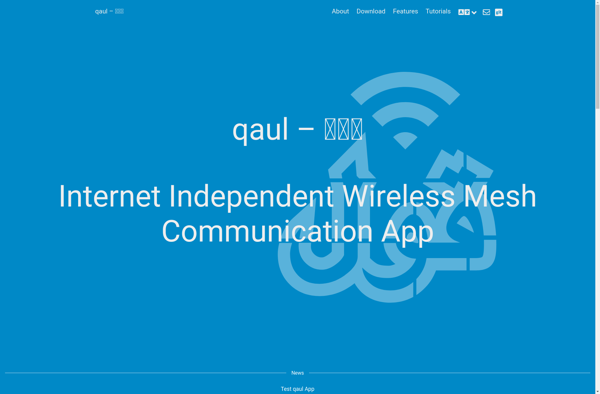CCNx
CCNx: Open Source Content-Centric Networking Protocol
A content-centric networking protocol enabling efficient data distribution through naming, focusing on the requested content instead of location.
What is CCNx?
CCNx (Content Centric Networking) is an open source networking protocol optimized for efficient content distribution and retrieval. Instead of addressing endpoints like traditional IP networks, CCNx names and secures the data itself, allowing it to be efficiently cached and replicated at multiple points throughout the network.
This content-centric design provides native support for multicast and broadcast data delivery, simplifies caching and replication, and enables fine-grained security down to the packet level. By naming content instead of hosts/locations, CCNx sees widespread use in IoT, video streaming, file sharing, and other content-heavy applications.
Originally developed by Palo Alto Research Center (PARC), CCNx is now advanced by the broader open source community under the auspices of the IRTF's Information-Centric Networking Research Group (ICNRG). Major features include:
- Content-based security model with fine-grained control over data access
- Built-in support for in-network caching to reduce bandwidth demands
- Receiver-driven request/response protocol for efficient one-to-many and many-to-one communication
- Ability to operate over existing IP infrastructure as an application-layer overlay
CCNx Features
Features
- Content-based networking
- In-network caching
- Built on IP
- Security and privacy
- Mobility support
Pricing
- Open Source
Pros
Cons
Official Links
Reviews & Ratings
Login to ReviewThe Best CCNx Alternatives
Top Network & Admin and Networking Protocols and other similar apps like CCNx
Here are some alternatives to CCNx:
Suggest an alternative ❐Freenet
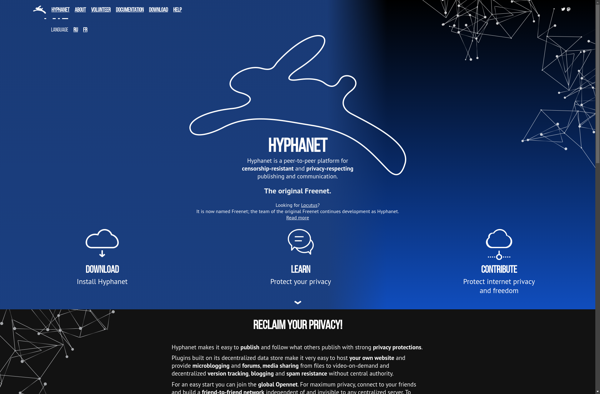
I2P
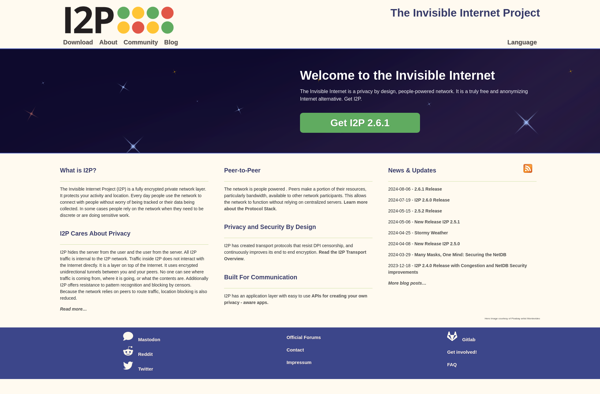
FreePN
Yggdrasil

PirateBrowser
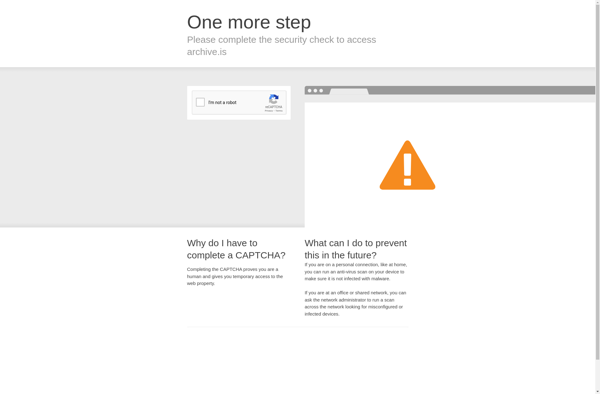
CoovaChilli
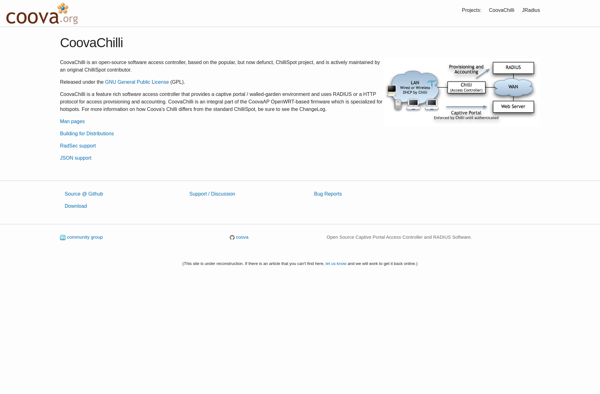
I2pd (I2P Daemon)

GNUnet
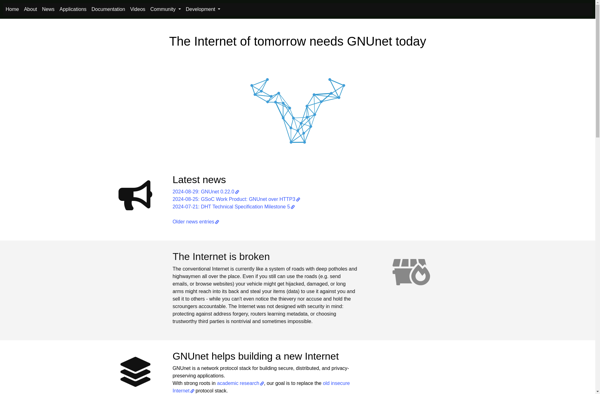
Snowflake Tor
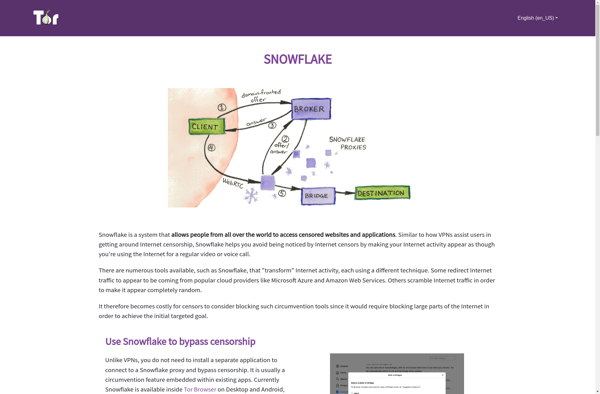
The Serval Project

LibreMesh
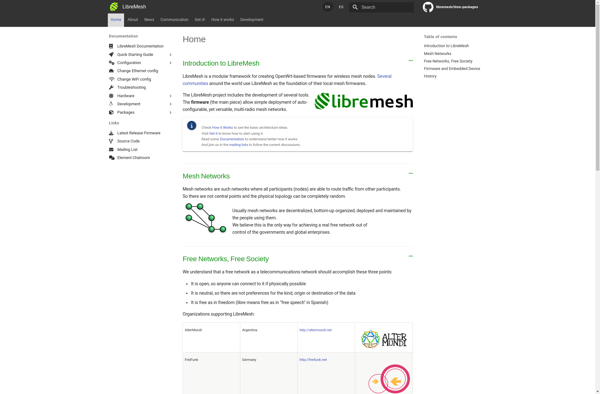
Babel (protocol)

OLSR (Optimized Link State Routing)

Qaul
